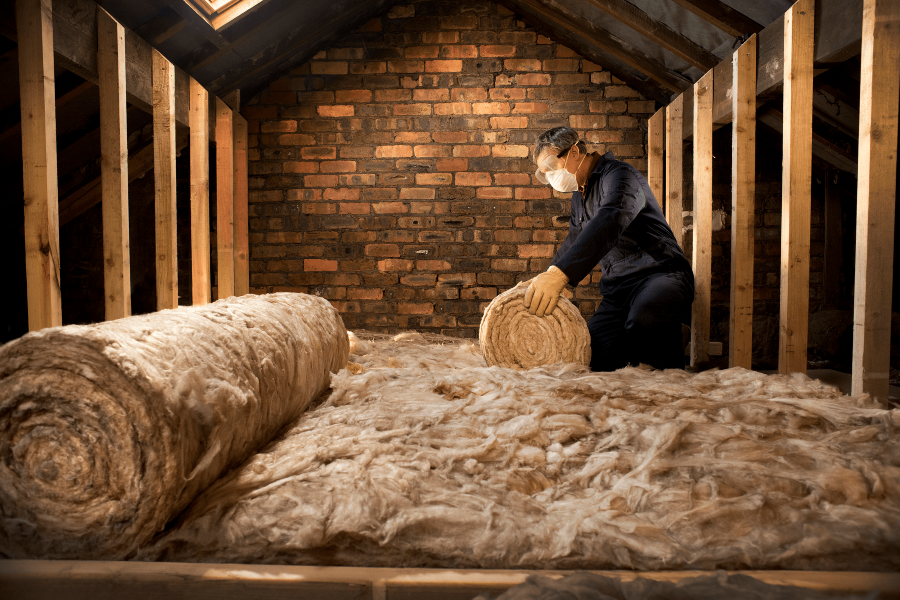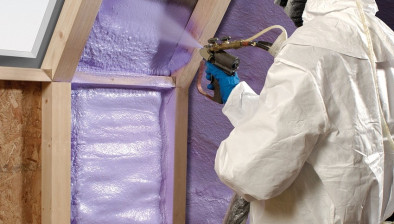Crown Office to examine ‘potential criminality’ of selling home insulation products

Trading Standards Scotland has welcomed reports that the Crown Office and the Procurator Fiscal are examining potential criminality in the selling of home insulation products.
In the wake of figures showing a rise in home insulation scams across Scotland, an investigation by STV has revealed how customers are being ‘brow beaten’ and ‘harassed’ into signing up for such services.
The investigation was prompted by a campaign launched by Trading Standards Scotland (TSS) last week.
Shocking examples highlighted include a couple from Midlothian who lost almost £11,000 after agreeing to have their loft insulated with spray foam and a man from North Lanarkshire who lost £19,000.
Fiona Richardson, chief officer at Trading Standards Scotland, said: “We welcome the Crown Office’s interest in the case that we have submitted. We believe that consumers are suffering significant harm due to these trading practices.
“These firms are exploiting the cost-of-living crisis and are targeting those who want to make their homes more energy efficient, providing misleading information about products.
“Our advice is never to engage with cold callers offering ‘free’ loft or roof surveys, and never accept information offered from such people without doing independent research, particularly if they tell you that there are grants or funding schemes available.
“We would also ask people to look out for family members, friends and neighbours who may be vulnerable and to report any suspicious behaviour to Police Scotland.”
A government spokesman told STV: “The Scottish Government does not support cold calling by installers offering loft inspections or other services.
“Scottish Government schemes such as Warmer Homes Scotland and the Home Energy Scotland Grant and Loan scheme can only be accessed by contacting Home Energy Scotland, who provide free, expert and impartial advice about how to make homes warmer and less costly to heat.
“Local projects will always be backed up by an official letter from your local council.”























